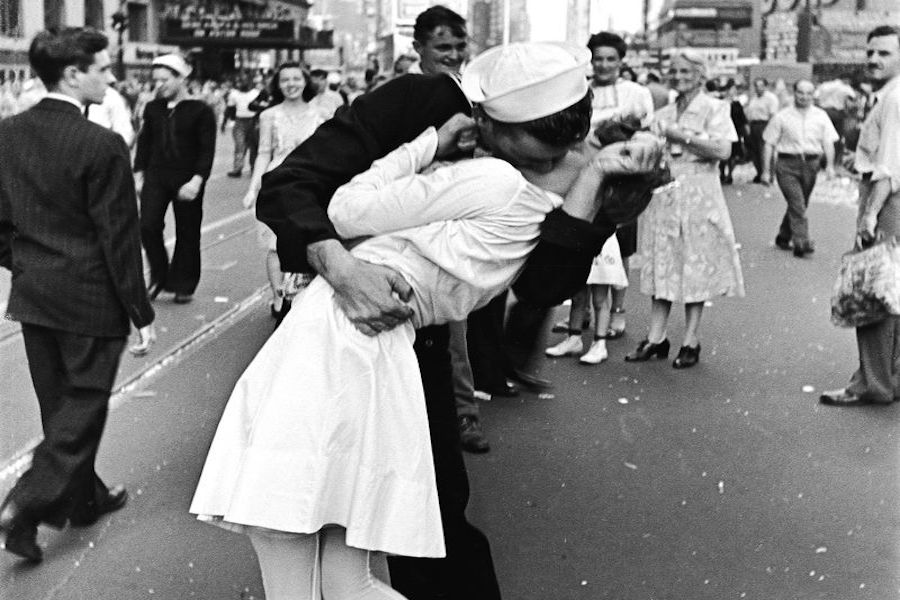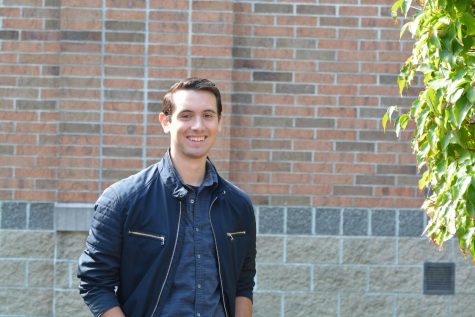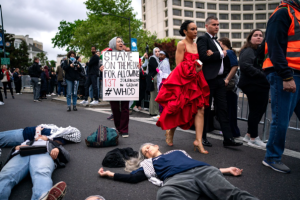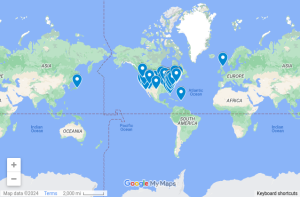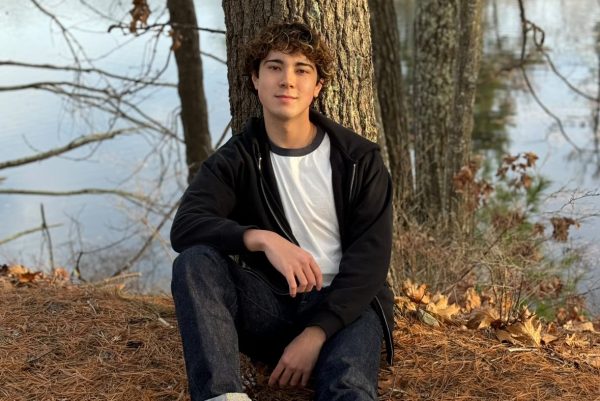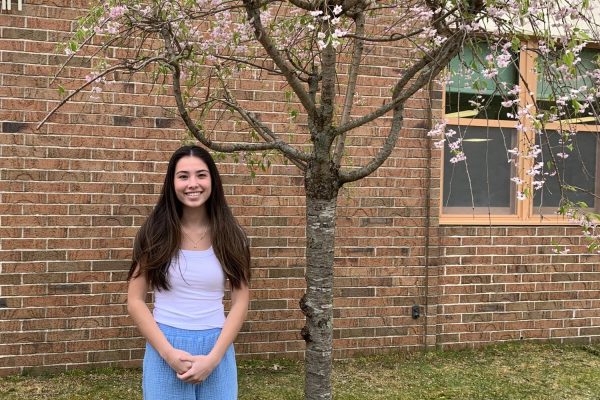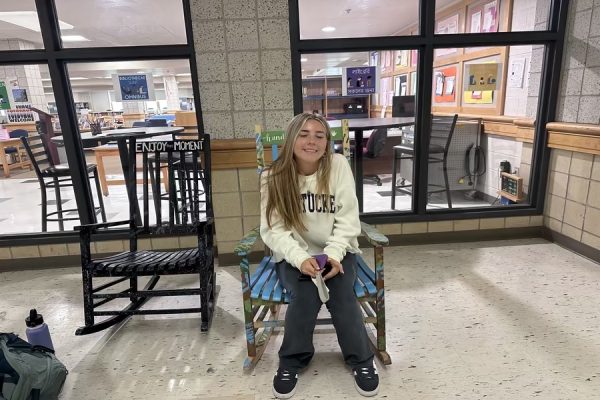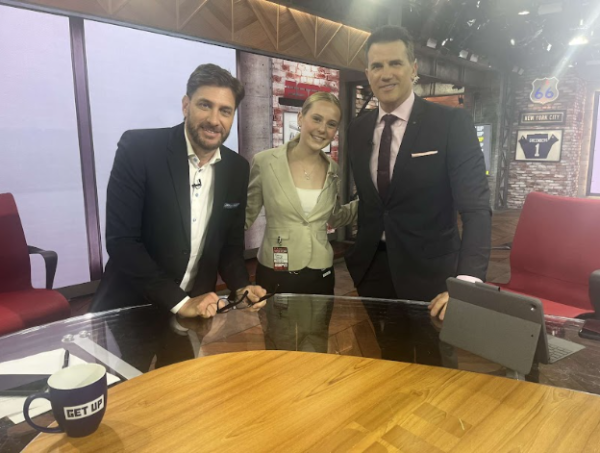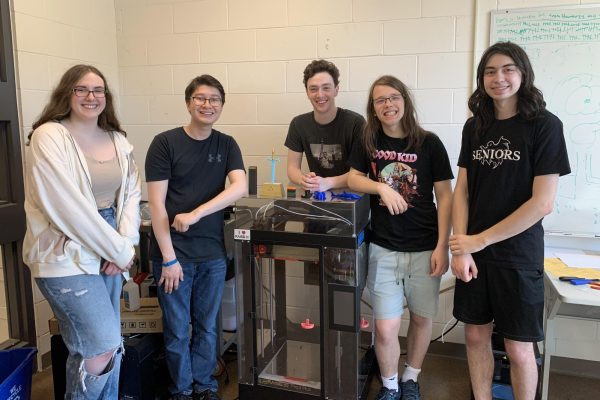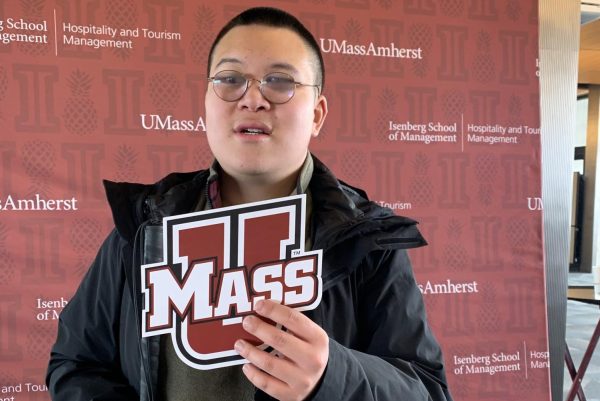Going home
Alfred Eisenstaedt/Time & Life Pictures/Getty Images
A U.S. Sailor kisses a nurse in Times Square, New York City.
May 18, 2020
This is a continuation of a series
After the atomic bombing of Hiroshima, the war seemed to be in limbo. The Japanese high command was violently debating whether or not the war could be continued. Some of the most fanatical members of the imperial cabinet remained insistent that Japan must fight to the end, while others argued that there would be no point in continuing a conflict so one-sided.
In the middle of this standstill, were the millions of servicemen who were still sure that an invasion of Japan was inevitable. Of the millions of them; my great grandfather sat waiting on a ship anchored off of Okinawa. In his journal, he didn’t write about the atomic bomb or the uncertainty of the future, but of the daughter he had never even met.
Okinawa 7th August (Cynthias Birthday!) Sailed past to Toshima small islet 60 mi. northwest of Okinawa – anchored there overnight – next morning arrived back to Okinawa.
James knew that he could be facing more missions over Japan, and understood that if he were to go down over the Home Islands, the odds of survival were practically nonexistent. The Japanese already had an abysmal record on taking prisoners, and any airmen that were downed over Japanese territory were almost always killed.
Knowing that the only the complete and total destruction of the Japanese war effort would bring an end to the conflict, the United States issued an ultimatum: Surrender unconditionally, or the Allied powers “shall completely destroy Japan’s power to make war.” When the Japanese failed to respond, the U.S. authorized another atomic strike on Japanese soil.
On August 9th, 1945, another B-29 nicknamed “Bockscar” took off from Tinian with another atomic bomb. After flying for hours with a faulty fuel pump, under enemy ground fire, and with a partially obscured target, Bockscar finally found its secondary target, Nagasaki. The bomb-bay doors opened and after another forty-five seconds, Nagasaki was almost completely wiped from the face of the earth. To make matters even worse for the Japanese, the Soviets had just begun a total invasion of Manchuria, destroying any hope for mediation in peace negotiations. It was clear now that the only thing that Japan could do, was to bear the unbearable.
Aug. 11 Still on boat waiting for debarkation – heard news over radio – Japan’s willingness to surrender 9:30 A.M. Okinawa time – All guns on every ship in the harbor thundered – throwing intense barrages of flak into the sky – batteries on shore also thundered. I was writing letter to wife at the moment the news came over – disembarked L.S.T..
On August 15, the Japanese Emperor, Hirohito, formally announced Japan’s surrender to the Allies. Less then a month later, the Japanese would sign an official peace treaty on the deck of the U.S.S. Missouri, bringing the second world war to a close.
Over the next few months, James would once again travel overseas. This time, however, instead of ferrying off to foreign soil, he would be disembarking back home. He had traveled around the world to fight for his country, and now he could finally return home. Home to his family, and his new daughter, my grandmother.
Stay tuned for the conclusion!

